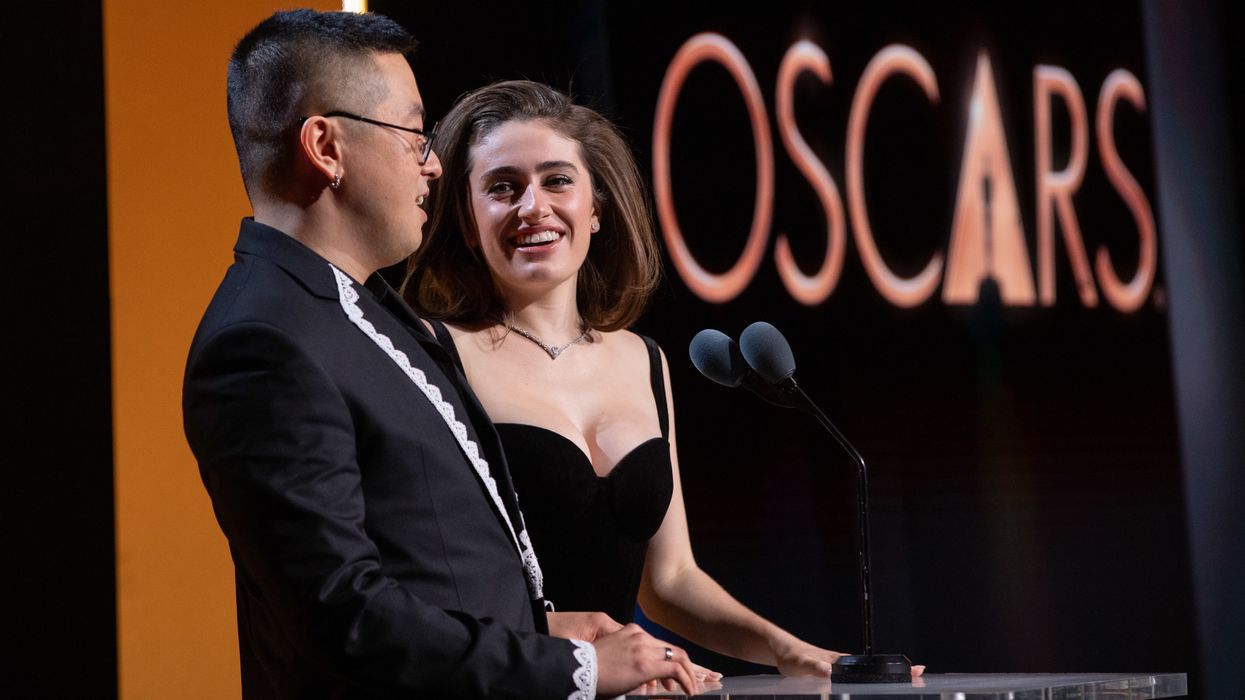The 97th Academy Awards will be a significant event, showcasing a diverse mix of talent and narratives from around the world. Amid the Los Angeles wildfires, the nominations highlight Hollywood's evolving identity and reflect the growing global interest in stories that are unique and true to life.
Emilia Pérez leads the race with 13 nominations, dominating major categories, including Best Picture. The Brutalist and Wicked follow closely with ten nominations each. Another strong contender is Anoura, which has received six nominations for its bold portrayal of a sex worker's connection with the son of a Russian tycoon.
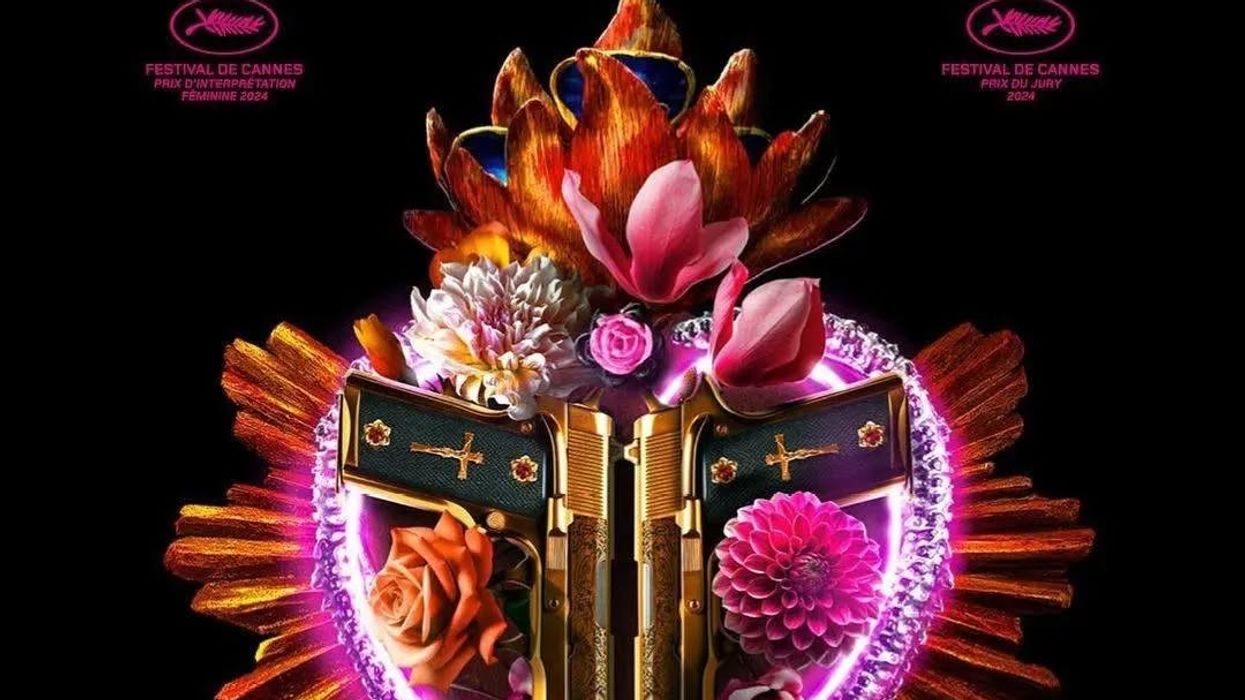
However, this year's Oscars are significant not only because of these heavyweights but also due to the increased representation of Asian and Middle Eastern talent.
Jon M Chu's adaptation of Wicked: Part I has received 10 nominations, including Best Picture. Cynthia Erivo and Ariana Grande's performances earned them nominations for Best Actress and Best Supporting Actress, respectively. Despite the film's success, Chu has yet to receive a Best Director nomination, which has baffled fans and reviewers.
Black Box Diaries, a documentary about Japanese journalist Shiori Itō's battle against sexual assault, brings out the strength of investigative journalism. Its nomination for Documentary Feature Film points out the importance of Asian perspectives in storytelling.
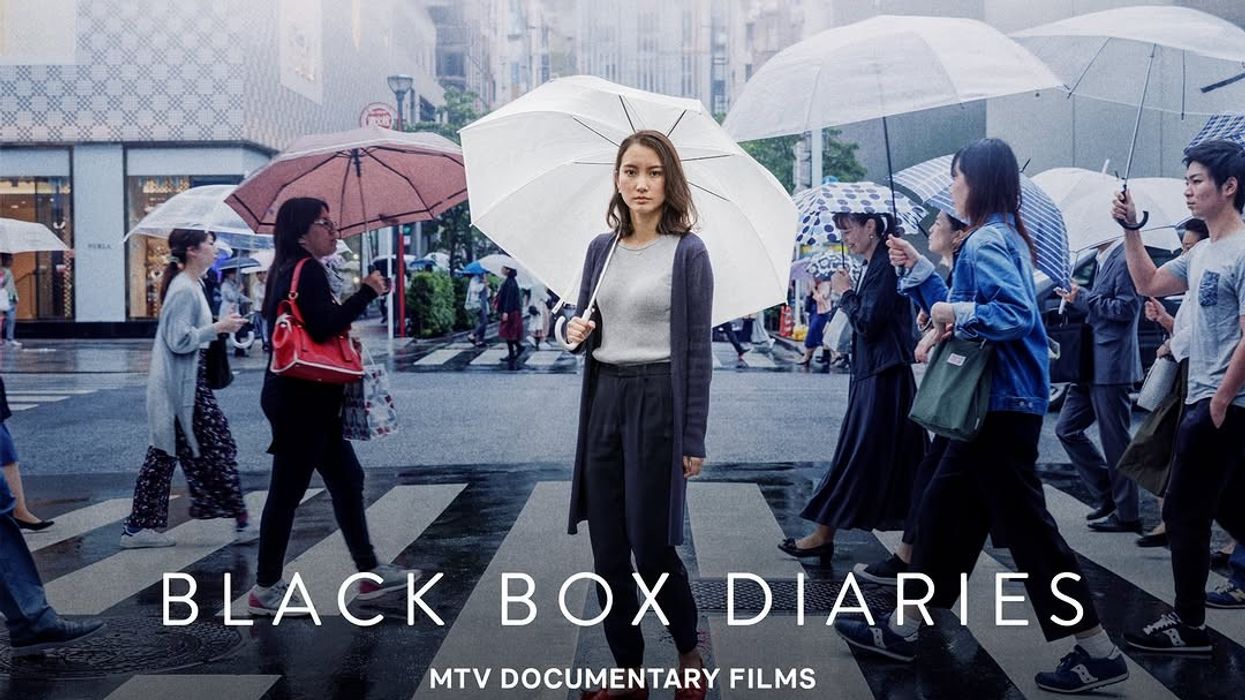
Magic Candies, directed by Daisuke Nishio and Takashi Washio, represents Japanese creativeness in animated storytelling. This beautiful storey about a young person finding his sofa can talk through magical marbles reflect the charm and creativity of Asian animation.
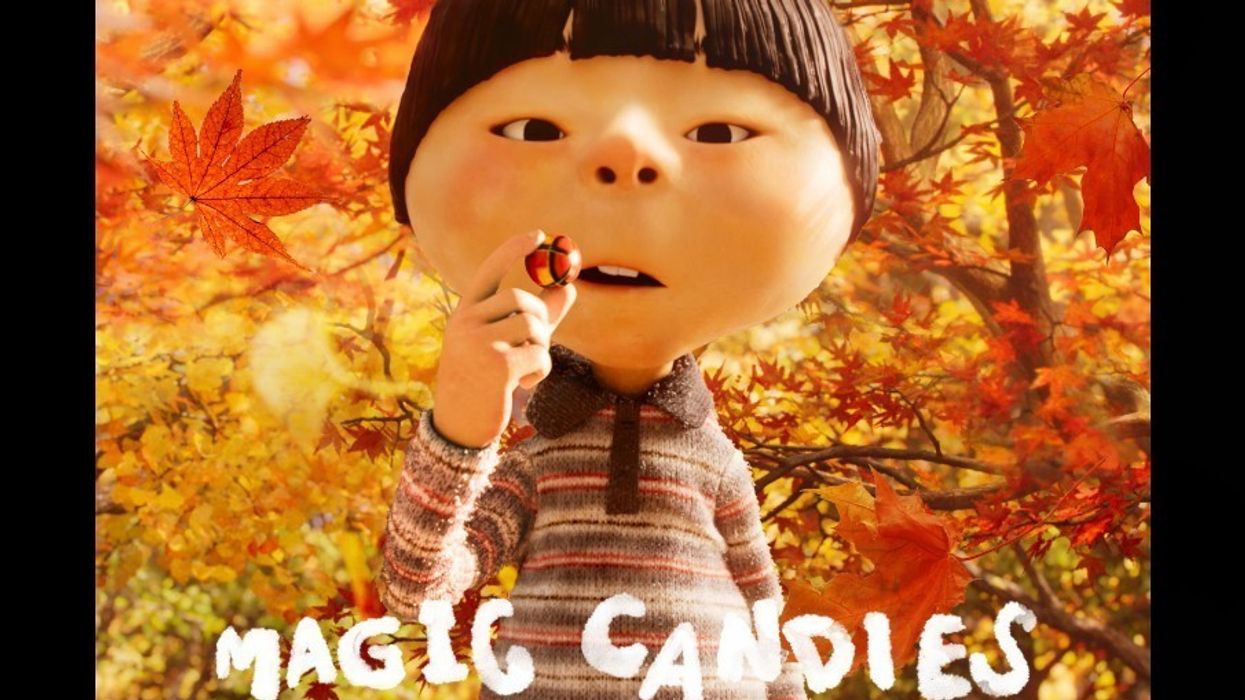
Diversity extends to animated films, with global voices bringing characters to life. Inside Out 2 features the voice of Filipino actress Liza Lapira, while The Wild Robot stars Stephanie Hsu. Also, the much-loved duo Wallace & Gromit return in Vengeance Most Fowl, starring Lauren Patel and Muzz Khan.
Indian representation remains strong, with Anuja nominated for Best Live Action Short Film. The film, produced by Guneet Monga and Priyanka Chopra Jonas, portrays the compelling storey of two sisters working in a Delhi textile factory whose lives depend on a critical choice. Anuja, directed by Adam J. Graves, underscores the power of locally relevant yet universal storytelling.
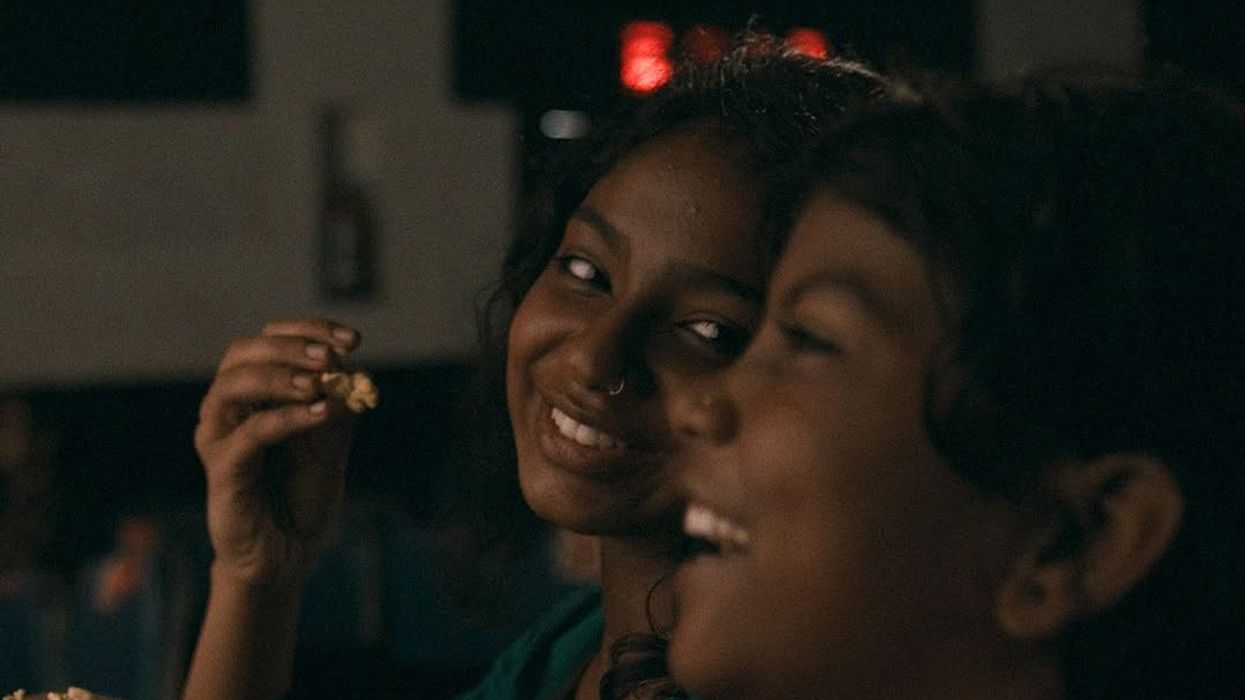
Meanwhile, the elimination of Payal Kapadia's critically applauded film All We Imagine as Light from the Oscars has stirred discussion about squandered opportunities. Despite its global popularity, which included a Grand Prix at Cannes and accolades from critics' groups across the world, it did not receive an Oscar nomination.
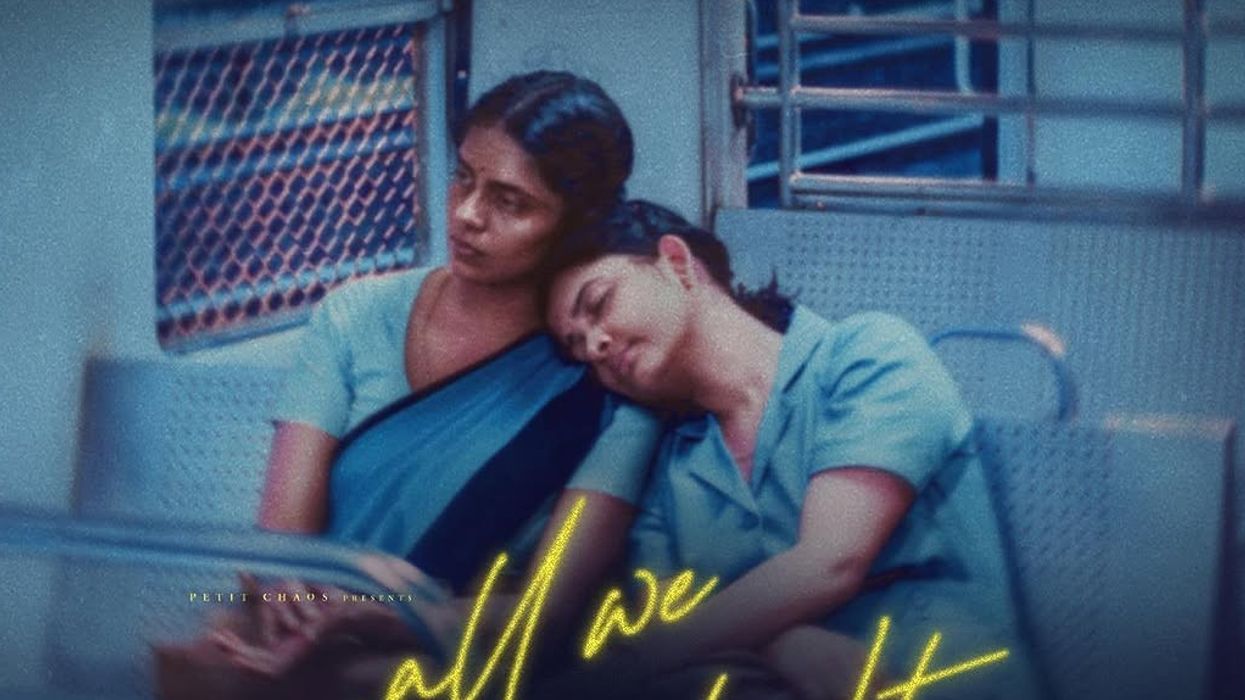
This year's nominees however go beyond an acknowledgement of artistic excellence; they also indicate a trend toward inclusion and global storytelling. With films like Black Box Diaries, Magic Candies, and Anuja, as well as the incredible talent behind Wicked: Part I, the Academy is broadening its horizons to include themes that transcend cultural barriers.
As the 97th Academy Awards approach on March 23, 2025, cinegoers across the world restlessly wait to find out if these remarkable nominations will result in wins. Regardless of the outcomes, this year’s Oscars are more like a proof of the growing demand for diverse voices and global perspectives in cinema.
